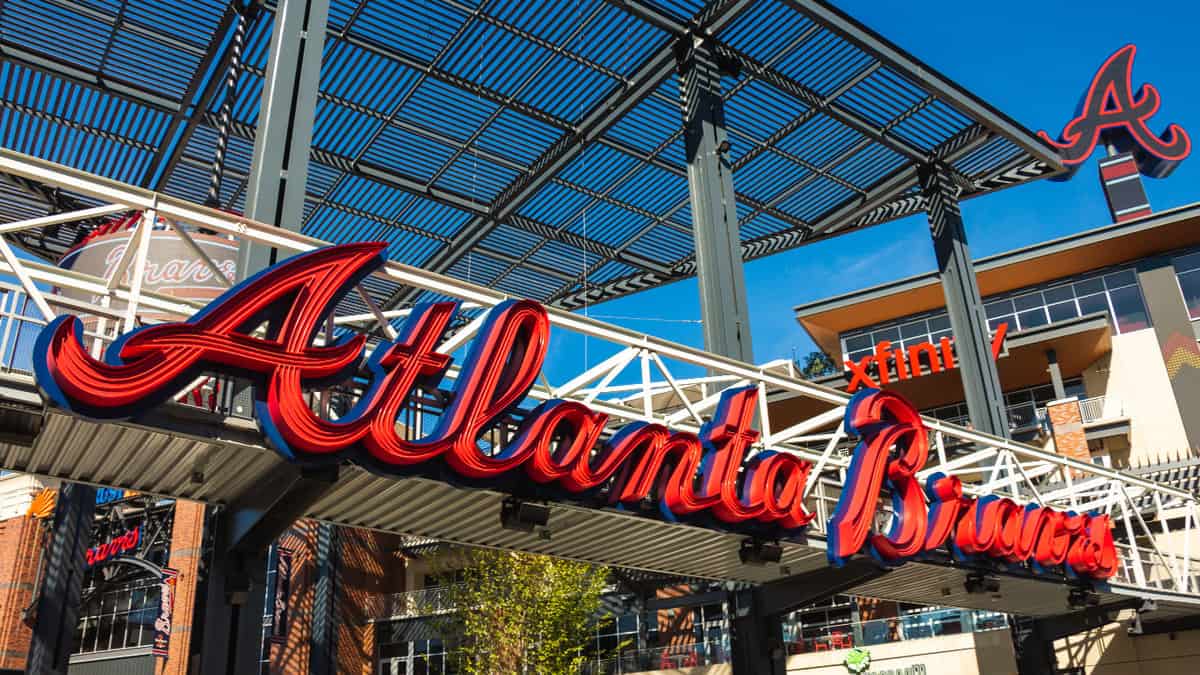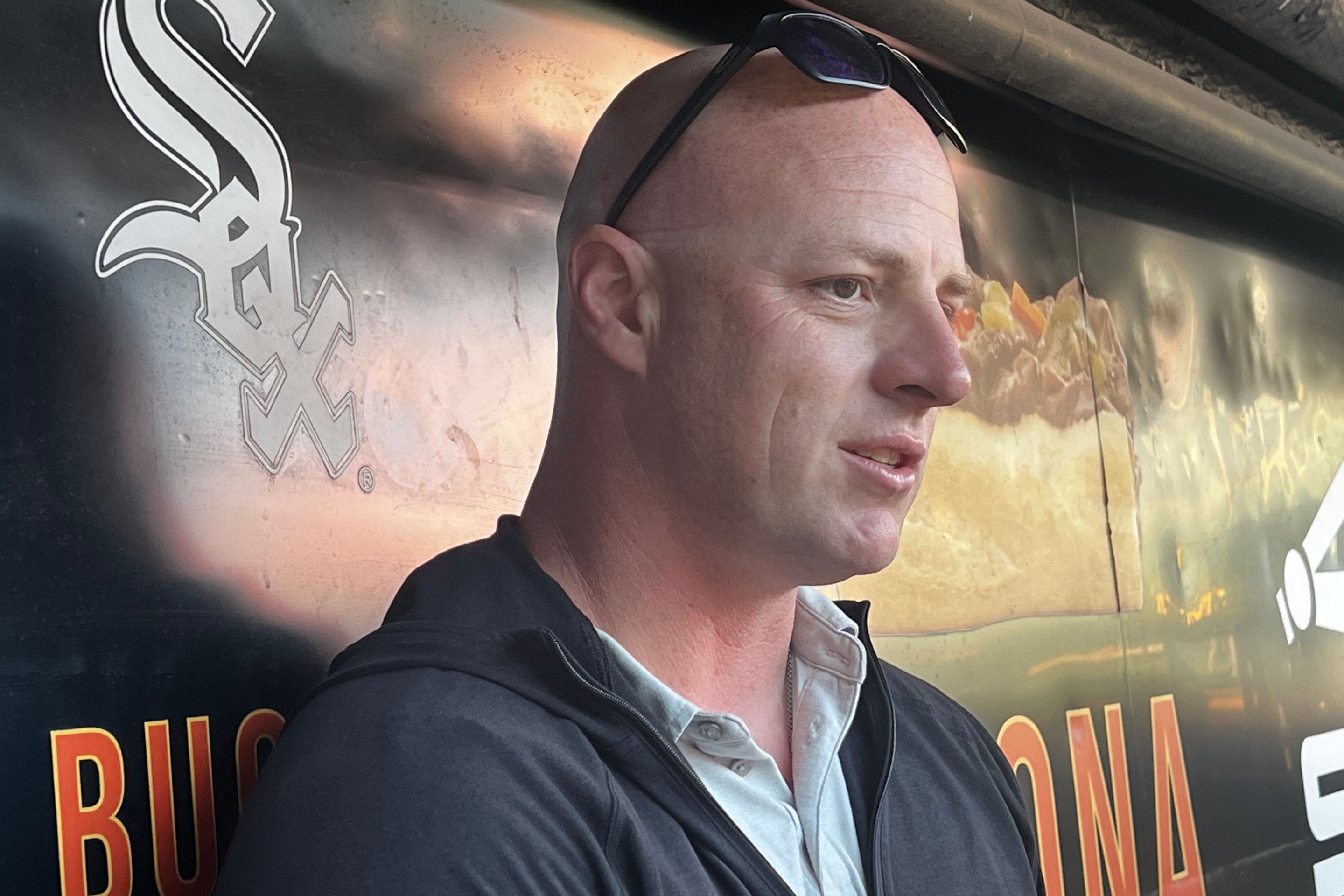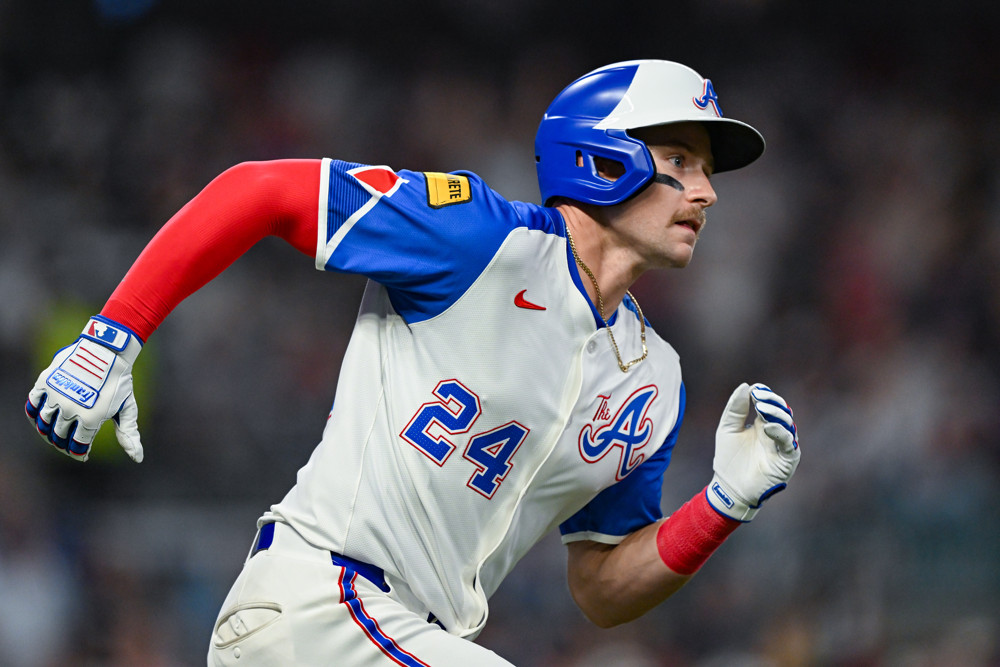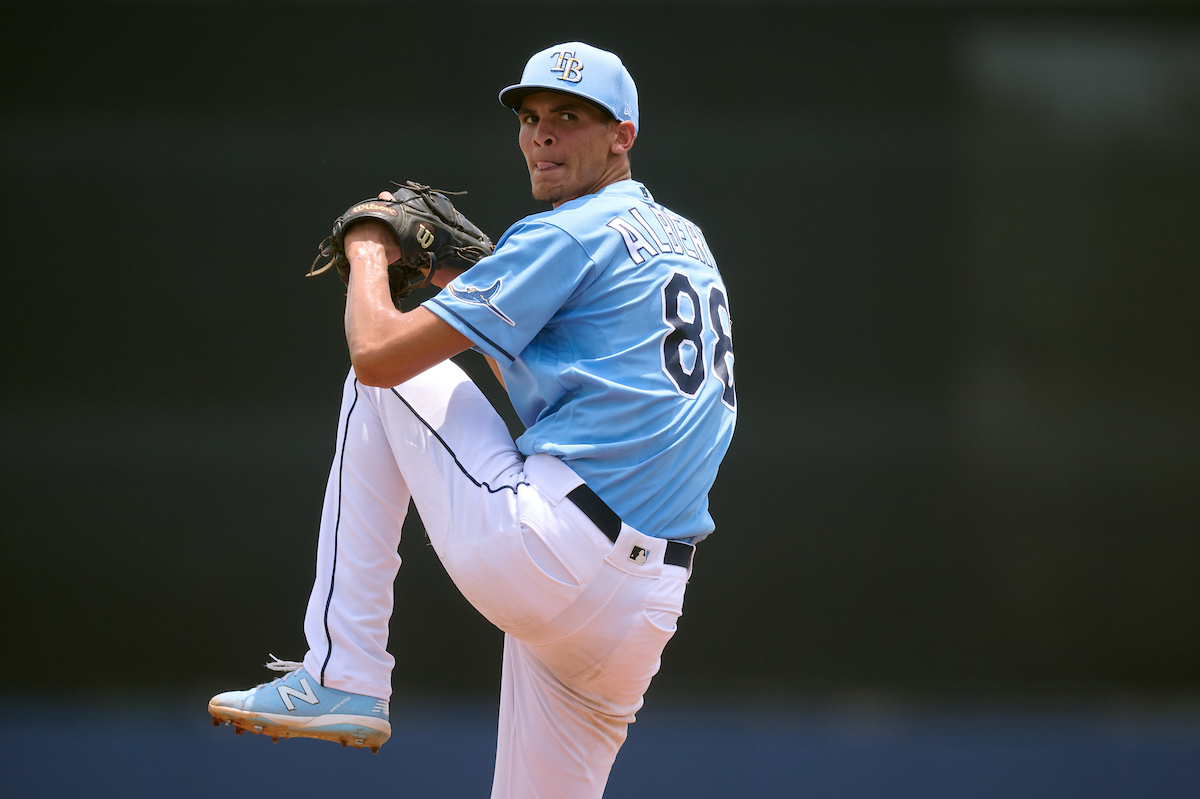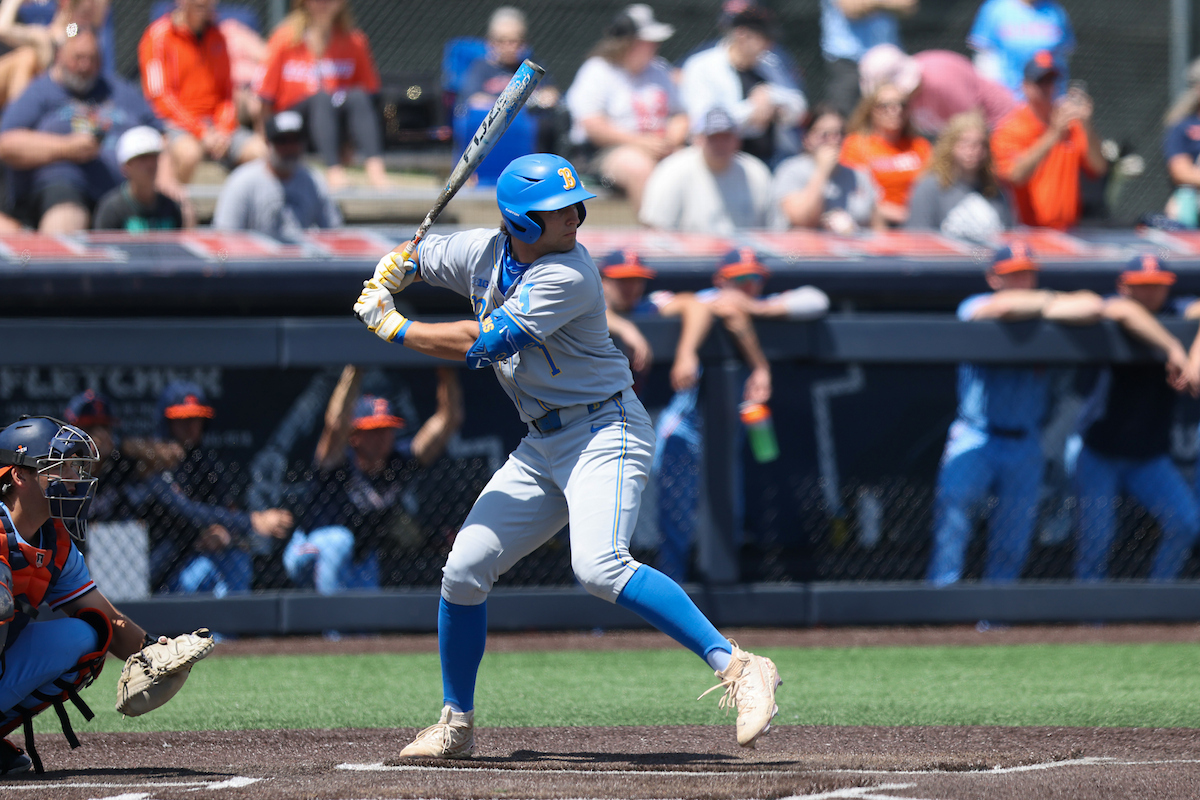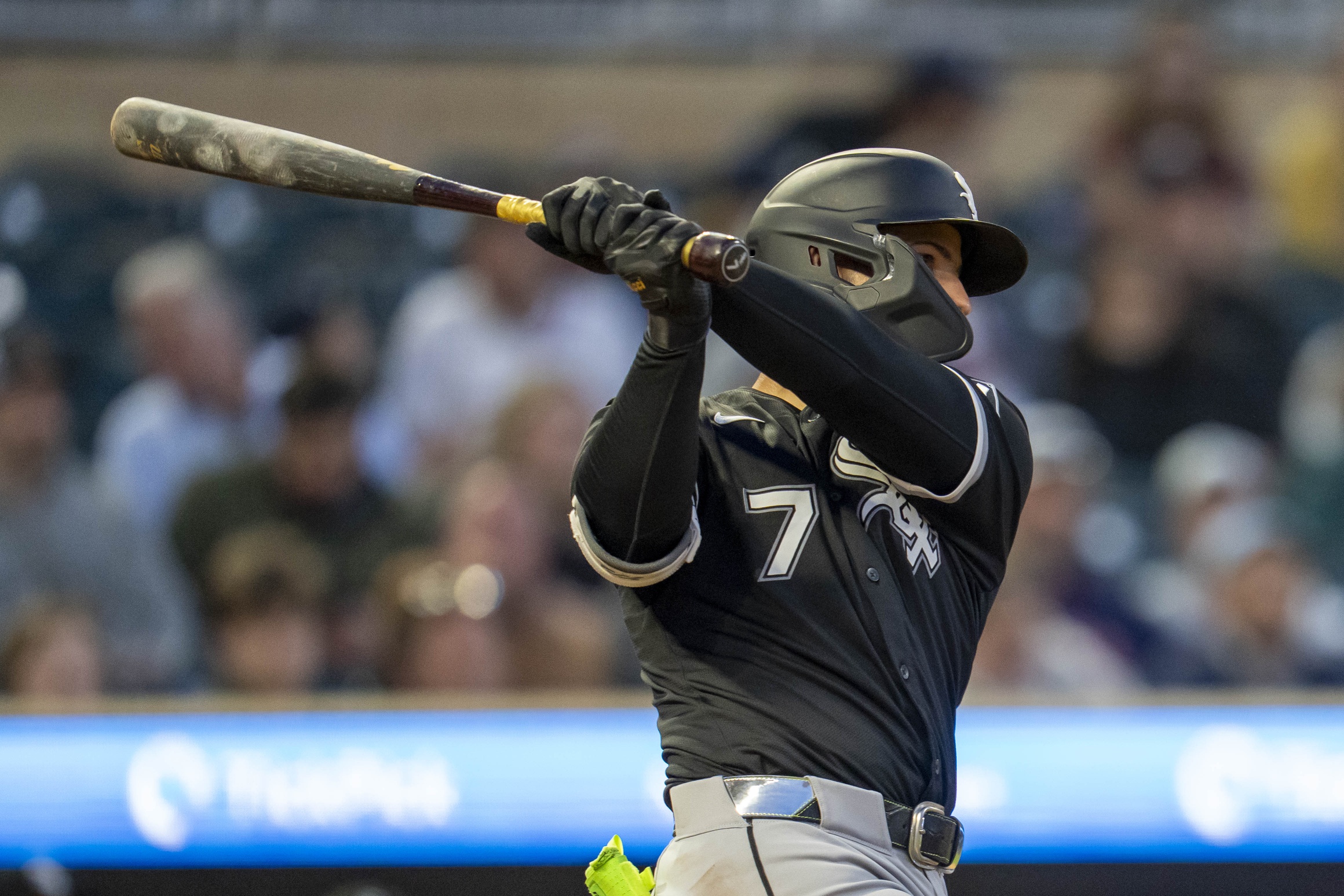Through 89 games, the 2025 White Sox are a notch better than their ignominious predecessors. At 30-59, they're five games ahead of their 2024 pace. If it feels like it should be a bigger difference, that's because their run differential (-82) is practically half of last year's (-161). FanGraphs has their offense at replacement level (0.3), as opposed to a couple wins below and falling (-2.4)
The one advantage the 2024 White Sox had was star power. Before the White Sox implemented their strict workload restrictions, Garrett Crochet was a Cy Young contender, which made him a no-brainer choice for the All-Star Game despite the team's woes. And even if Crochet never made that magical transition to starting, Erick Fedde would've been perfectly suitable choice as well, as he was top-10 in innings, ERA and both WAR measurements.
Crochet and Fedde were worth 6.2 WAR combined. The rest of the White Sox were underwater, which is why the bottom fell out once Fedde was traded and Crochet wasn't allowed to participate in even half of a ballgame.
This year's White Sox team is far more egalitarian, which gives them a greater chance of competing on any given day, but it also makes for lousy All-Star fodder, to the point that the White Sox will be sending their least-qualified All-Star in decades.
When scrolling through the list of players who have represented the South Side in the Midsummer Classic under modern standards, you can eliminate the years where the White Sox sent multiple players, because even if it's strange seeing guys like James McCann, Jesse Crain, Matt Thornton and Scott Podsednik on that list given their lack of elite status, the fact that they weren't the only All-Star automatically conveys that they were doing something right for at least half the year.
From there, you can move on to the single years and quickly eliminate the following players from any conversation about unworthiness:
- 2024: Crochet
- 2023: Luis Robert Jr.
- 2018: José Abreu
- 2015: Chris Sale
- 2009: Mark Buehrle
- 2001: Magglio Ordonez
All of these guys had good-to-great seasons (or at least good-to-great first halves), and even if they might not have normally made the cut due to a stacked field at a given position, they'd built enough of a cachet where their names scan as sensible ex post facto.
The following players require a second look, if only because such honors were fewer and further between:
- 2017: Avisáil García
- 2007: Bobby Jenks
- 2004: Esteban Loaiza
But even then, none of these guys are truly token All-Stars. 2017 might've been García's only really impressive season, but he spent the entire season hitting over .300, and finished runner-up behind Jose Altuve for the batting title (which, hmm...). Jenks, may he rest in peace, made the All-Star team the year before and had 23 saves at the break in 2007, so he's the standard "good closer on a bad team" selection. Loaiza was a strange choice given that he was basically a league-average innings guy, but he finished second in Cy Young voting the year before, so maybe that's why Buehrle wasn't as appealing. Paul Konerko would've been a more deserving option than either pitcher, but first base is where the American League carried Kansas City's mandatory All-Star, Ken Harvey.
Now Harvey is one of those quintessential how-the-hell All-Stars, given that he was a first baseman who never even managed a 100 OPS+, topped out at 13 homers and was out of baseball two years later. He just happened to be hitting .327 through June when the decisions were being made, and though it was an empty .327, that was good enough for the task.
But even then, Harvey and other players commonly identified as the least impressive All-Stars in recent memory -- your Mike Wiliameses, your Bryan LaHairs, your Kevin Correiae, your Mark Redmen -- at least spent the entire first half of the season on their respective team's major league roster.
With the White Sox, their most valuable player per both WAR metrics didn't sign until May 20.
⚙️⚙️⚙️
Halfway into June, it appeared that the White Sox had at least two decent candidates for their courtesy All-Star representative. Shane Smith had one of the league's best ERAs while being on a 160-inning pace, and had an easy news hook as one of the most impressive Rule 5 success stories, while Miguel Vargas was playing well enough to hang in the field of potential third-best third basemen.
Both have since hit slumps. Three straight slogs for Smith inflated his ERA from 2.37 on June 10 to 3.86 on July 6. If he makes it four, he might not even be average. Vargas shed more than 70 points of OPS, to where it dipped to .695 until a two-hit game against Colorado on Friday.
In the process, Adrian Houser has surged past them, even though he didn't appear in an MLB game this year until the White Sox signed him away from Texas' Triple-A roster. All he's done is turn in seven quality starts in eight tries, and even the one exception was decent.
As a result, Houser is 4-2 with a 1.60 ERA while averaging 6 ⅓ innings per start. The five other American League starts routinely going that deep into games are Crochet, Framber Valdez, Tarik Skubal, Max Fried and Bryan Woo, and all five of them will probably be on Aaron Boone's AL roster.
Why wouldn't Houser? Because he's only thrown 50 innings, which doesn't even amount to half of the lightest workload in that group (Woo at 107⅓).
The workload conversation adds a layer of intrigue to today's series finale against the Rockies, hours before Major League Baseball announces the full All-Star rosters for both teams. Even if the selections are locked in, Smith still can shape the reaction to the news in either direction. If he stanches the bleeding and allows something like one earned run over 5⅓ innings, then his ERA drops to 3.72, and he's back to being a 1 WAR player by either metric, so his 34-inning edge on Houser probably stands as significant enough.
If Smith takes another thumping and his ERA rises above 4.00, then yeah, you may as well roll with Houser and let everybody gawk at the novelty, with the solace that he's at least thrown more innings than all of the relievers selected.
The other approach to harvesting an All-Star requires revisiting that list of White Sox All-Stars and figuring out which ones might not stand out 10 years from now. Even then, it doesn't really work when Luis Robert Jr. is hitting .209/.275/.354 since the start of the 2024 season. He's lost his ability to coast on reputation alone, and besides that, he's hurt.
The alternate course is investing earlier than advised in Grant Taylor, with the idea that he'll be a good enough reliever to make multiple All-Star teams down the road, which would then obscure the fact that his first berth was entirely based on the way he looked over the course of 10 games and three saves. Then again, is that considerably stranger than sending a Rule 5 pick or a late-May signing to Atlanta? We'll have our answer -- or at least Boone's opinion -- to that debate in a matter of hours.
